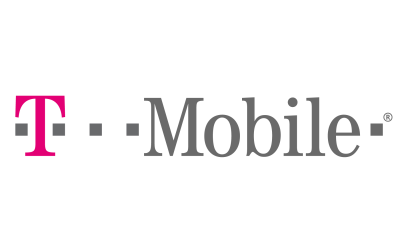 When John Legere took the helm at T-Mobile, the nation’s fourth largest carrier, he was determined to shake things up. He’s succeeded at that and continues adding customers in the process.
When John Legere took the helm at T-Mobile, the nation’s fourth largest carrier, he was determined to shake things up. He’s succeeded at that and continues adding customers in the process.
Ever since introducing “un-carrier” initiatives which have included such practices as doing away with long term contracts, early termination fees and even charging for music, the company continues to add more and more subscribers. We’re not talking about 10,000 subscribers here and 50,000 subscribers there. T-Mobile reported their quarterly earnings on Wednesday and for the fifth quarter in a row they’ve added over 1 million new subscribers. In fact in the second quarter they added 1.5 million new subscribers.
The latest numbers give T-Mobile a customer base of about 50.5 million customers, which according to VentureBeat, includes 9 million the company acquired with the acquisition of MetroPCS last year.
There was some other notable news from the T-Mobile earnings call:
- First, T-Mobile announced it has launched nationwide Voice Over LTE (VoLTE) – just two months after it was introduced in Seattle. With more than 2.8 million VoLTE-capable devices on the T-Mobile network, our customers have made over 52 million crystal-clear VoLTE calls to date.
- · Second, T-Mobile has begun equipping sites with 700 MHz gear and field-testing its first 700 MHz-compatible devices – just the three months since acquiring the spectrum.
T-Mobile is also back on top of the JD Power and Associates customer service survey among the top four major US wireless carriers. For years, T-Mobile dominated the JD Power rankings which began to slip with the rumored AT&T takeover in 2011.
T-Mobile continued to innovate for the customer this week when they announced a new family plan at a rate of $100 per month with 10GB of LTE data. BGR reports that Sprint’s similar plan is $160 and that only gives customers 4GB of data total or 1gb per line.
Sprint and T-Mobile are in merger talks in a deal that could be worth $32 billion dollars, but also faces huge regulatory hurdles which ultimately led to the demise of the AT&T/T-Mobile deal three years earlier.

